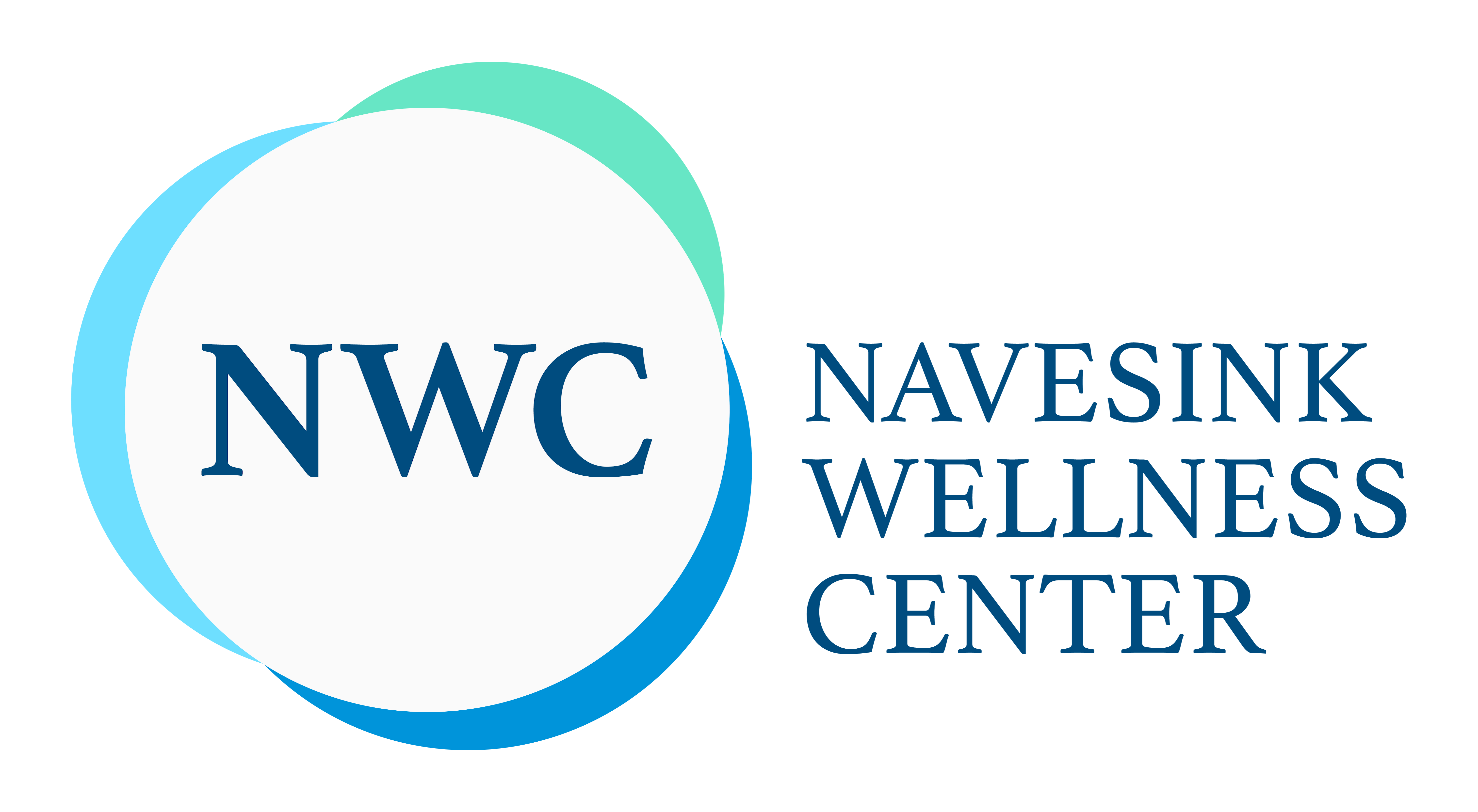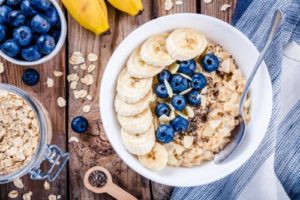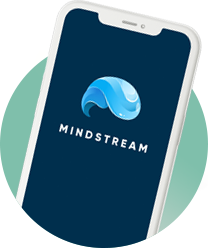In the midst of what people are calling a potential pandemic, the Coronavirus is triggering intense anxiety and fear for the masses. Although there are certain aspects of this new reality that feel out of our control, we must work to focus our attention on what it is we can do on a daily basis to take the necessary preventative action to safeguard ourselves and our families.
To better understand how nutrition can work to boost our immunity during this vulnerable time, I sat down with our own Therese Bonanni, MS, RDN, a pioneer in the advancement of nutrition and one of the most highly sought-after registered dietitians in the field. Her work has been featured in top publications such as Women’s Health, Shape Magazine and Prevention Magazine.
Q: The Coronavirus is not the first or the last viral health threat we are likely to face in our lifetimes. As a Registered Dietician, what do you make of this threat and how does it relate to your work?
There are many branches of nutrition, but public health, food service and counseling are the major ones that come to mind in this scenario. I work mainly as a counselor, so I am not managing food production in a healthcare facility, but I am more conscious of hygenic kitchen practices in my own home and how I might educate clients on food preparation. I feel that people generally have enough fear surrounding their food choices, so this adds another layer of anxiety, which is the biggest threat.
Q: It seems that the Coronavirus may be a good opportunity for us to take stock of our general health and wellness practices. As a health-focused professional, what lessons do you feel that the Coronavirus might hold that could benefit us throughout the year and larger lifespan?
I think this is a lesson in maintaining a sense of routine among the chaos. It’s like what I say about diet quality–you can control what you prepare in your own home, but outside of that, your meal may not always be organic and that’s okay! That’s living. We can do our best to control our immediate environment in the same way. But daily lifestyle activities, especially exercise, not skipping meals and staying adequately hydrated as well as stress management techniques, are crucial to maintain at all times. For example, take your weekly yoga class but maybe don’t rest your head on the classroom props this week.
Q: What are some important pantry staples to keep at home during an outbreak?
In terms of nonperishable items, pulses such as canned beans and legumes (think lentils and black beans) or frozen bean burgers can offer quick fiber, complex carbohydrates and filling plant-based protein. Low-sodium chicken or vegetable stock can be used to simmer whole grains such as quinoa, or prepare soups. Protein powder can be blended with frozen fruits and coconut water for a quick smoothie.
Rolled oats or single serving packets are an easy breakfast staple that can be mixed with frozen fruit and nuts. Nut or seed butters such as peanut, almond or sunflower as well as energy bars such as RX bars or 88 ACRES brand (a nut free option.) Heart-healthy oils such as olive or avocado for cooking.
Don’t forget about organic apples, which can last in the fridge for weeks and pair perfectly with nut butter for a snack. Greek yogurt typically has a shelf life of at least 2 weeks and offers more protein than traditional yogurts. Whole grains such as cereal with at least 3 g fiber per serving, organic popcorn or tortilla chips are also filling snacks.
Q: We know that immunity is a multi-factorial phenomenon that is related to a person’s diet, activity level, stress levels, social support, hygiene practices, and more. You’ve spoken a bit to the diet component. Can you speak a bit to each of these other factors, as well as ways within each that can reduce susceptibility to the Coronavirus?
Supplements: Dietitians typically take a “food first, supplements as insurance” approach. This doesn’t change when an outbreak occurs. Depending on any underlying health conditions, your dietary preferences/limitations and your age, recommendations may be personalized when a food journal reveals a true dietary gap is evident or recent bloodwork indicates deficiency. That being said, everyone reacts to stress differently and may not have the capacity, means or simply the appetite to prepare balanced meals three times daily. If self-quarantine becomes necessary, a USP-verified multivitamin may be beneficial to have on hand, and if you’re over 50, one that is specifically for your age group. (Look for the USP seal on the label to know the vitamin has been third-party tested to contain what the Iabel states.)
Activity:
Sunshine is one of the best ways to soak in vitamin D, boost your immune function and balance your circadian rhythm, especially if anxiety impacts your sleep. If a public gym is going to add to your anxiety at the moment, get outside! Walking is one of the best, underrated forms of exercise, for all ages. And intervals count – so if you don’t have time to fit in a full 30-minute session, break your day up into 3 ten-minute walks and you’ll get the same benefit. The silver lining is that this is happening when the weather is starting to cooperate.
Stress Management:
I routinely encourage my clients to have a weekly stress management goal, which may be as simple as lighting a candle and actually sitting down to eat, taking a bubble bath, or making a cup of herbal tea after dinner to decide if you’re still hungry. These small changes can become new habits and decrease your overall stress level in the long run. Laughter is a proven stress reducer, so if you’re stuck inside, you may as well turn on a new Netflix comedy!
Hygiene:
Scrolling on a sanitized computer or phone for a recipe while cooking, sanitizing refrigerator handles, faucets and garbage pulls in the kitchen…these are some of the things I am doing beyond basic hand washing at this time, and we really should be doing all year long!
Sleep:
The goal is the magic number: 7 hours, which is not easy for many people to achieve. Getting away from a screen, especially headlines that incite fear and anxiety before bed is one of the best ways to get more restful sleep. Try reading a book instead, on a subject that interests and distracts you from stress.
Q: At the end of the day, if you could wave a magic wand and make people change one thing about their diet, what would it be?
Get rid of the wrappers! Any dietitian will encourage you to shop the perimeter of the grocery store, and for good reason. Those aisles hold what our bodies actually need–lean proteins, fresh produce, whole grains and dairy, to name a few. These items are generally not packaged or processed. We can live without the interior candy and chip aisles!




